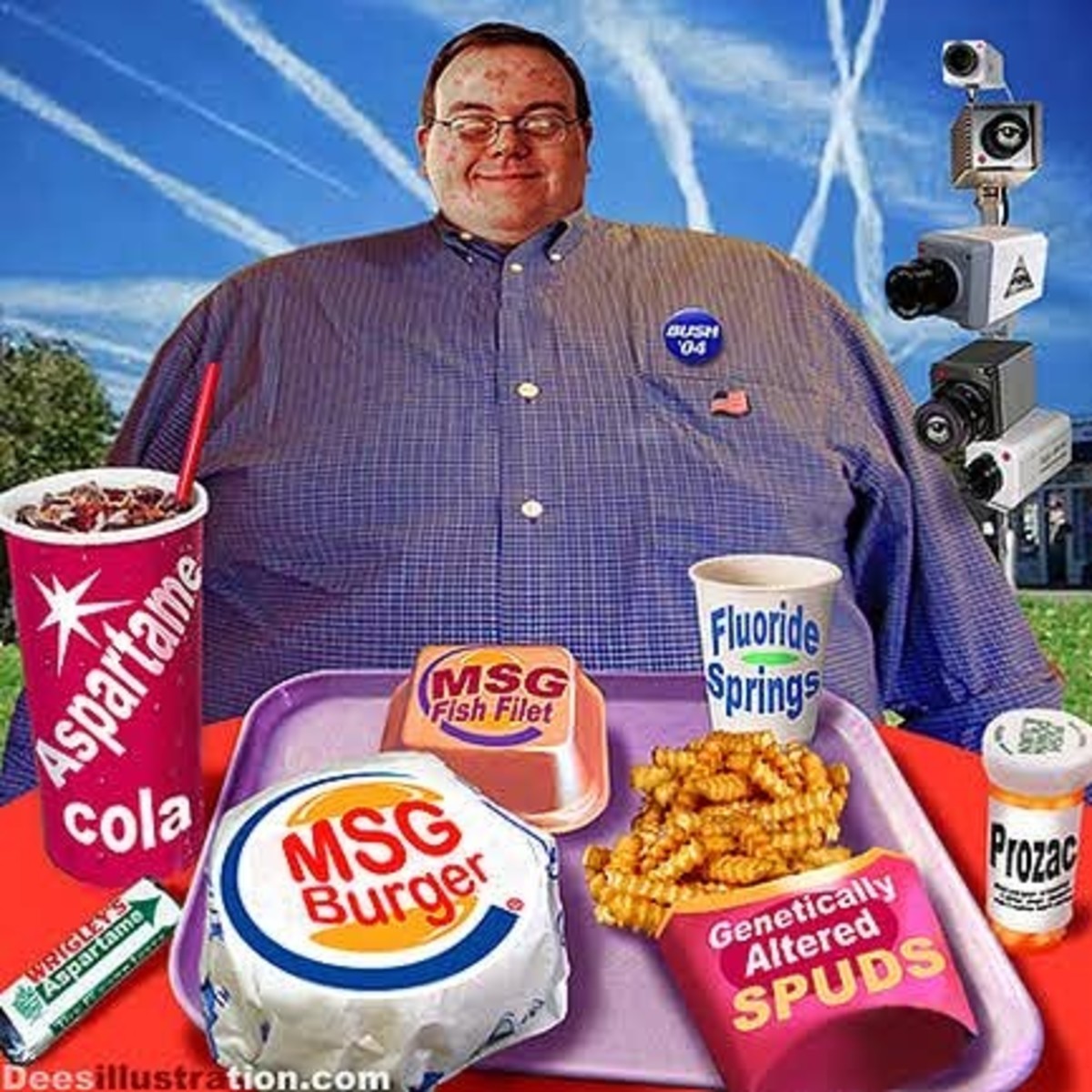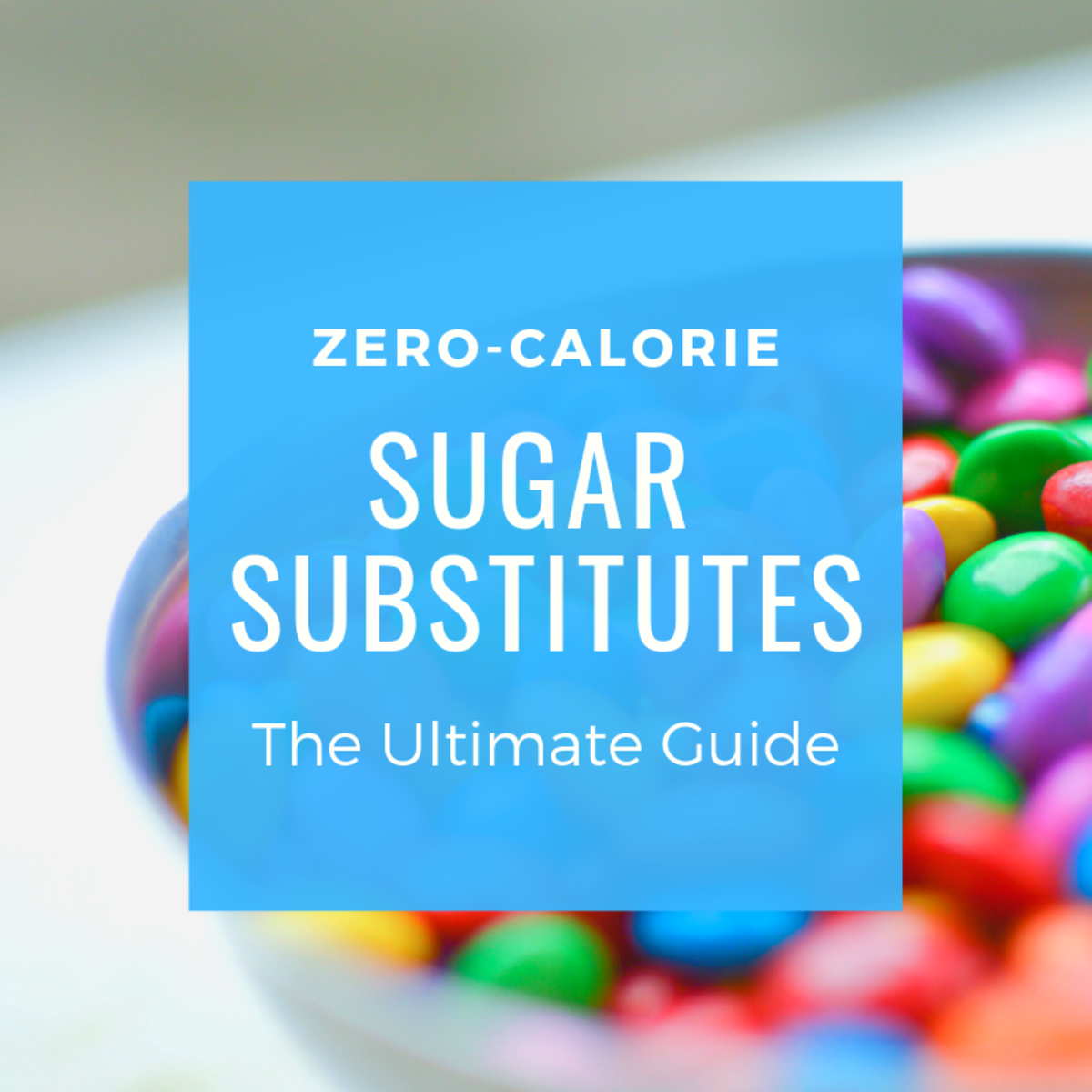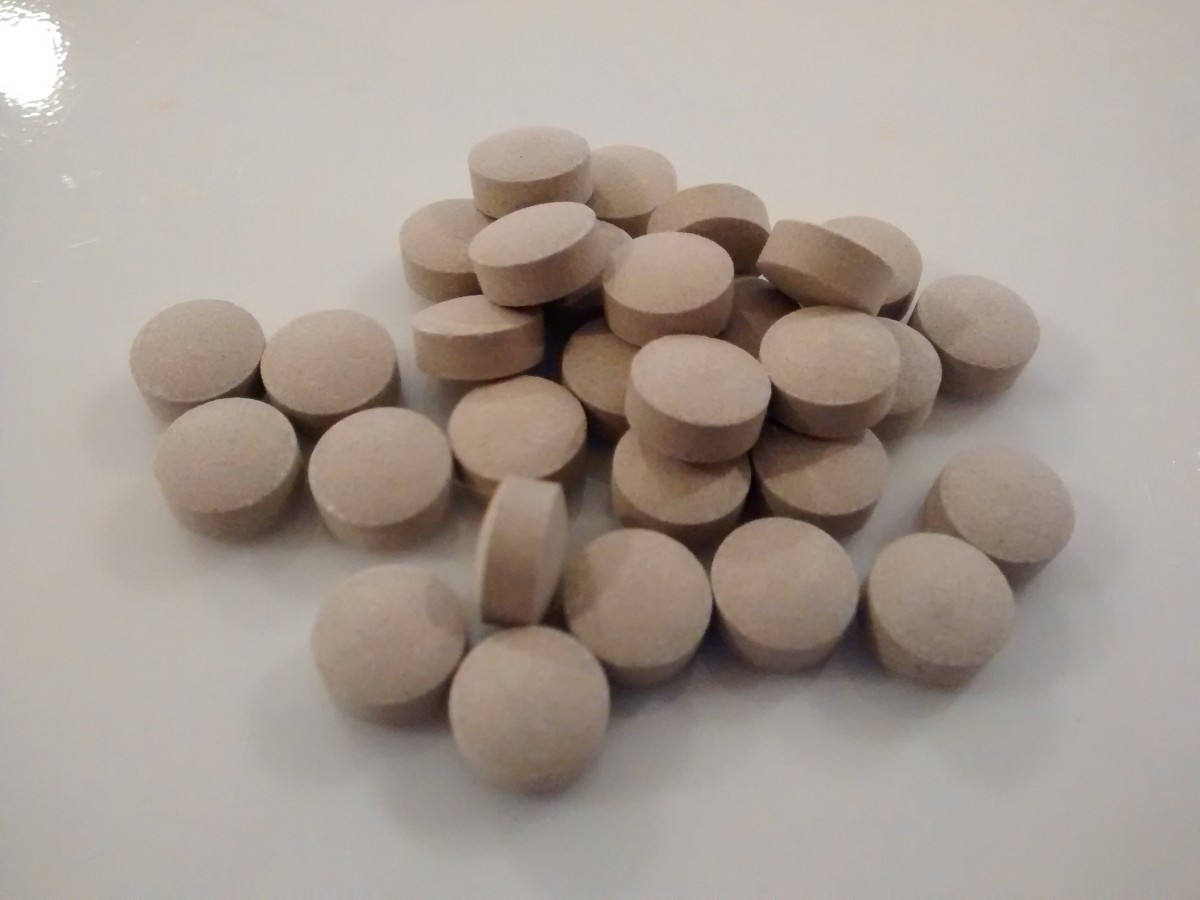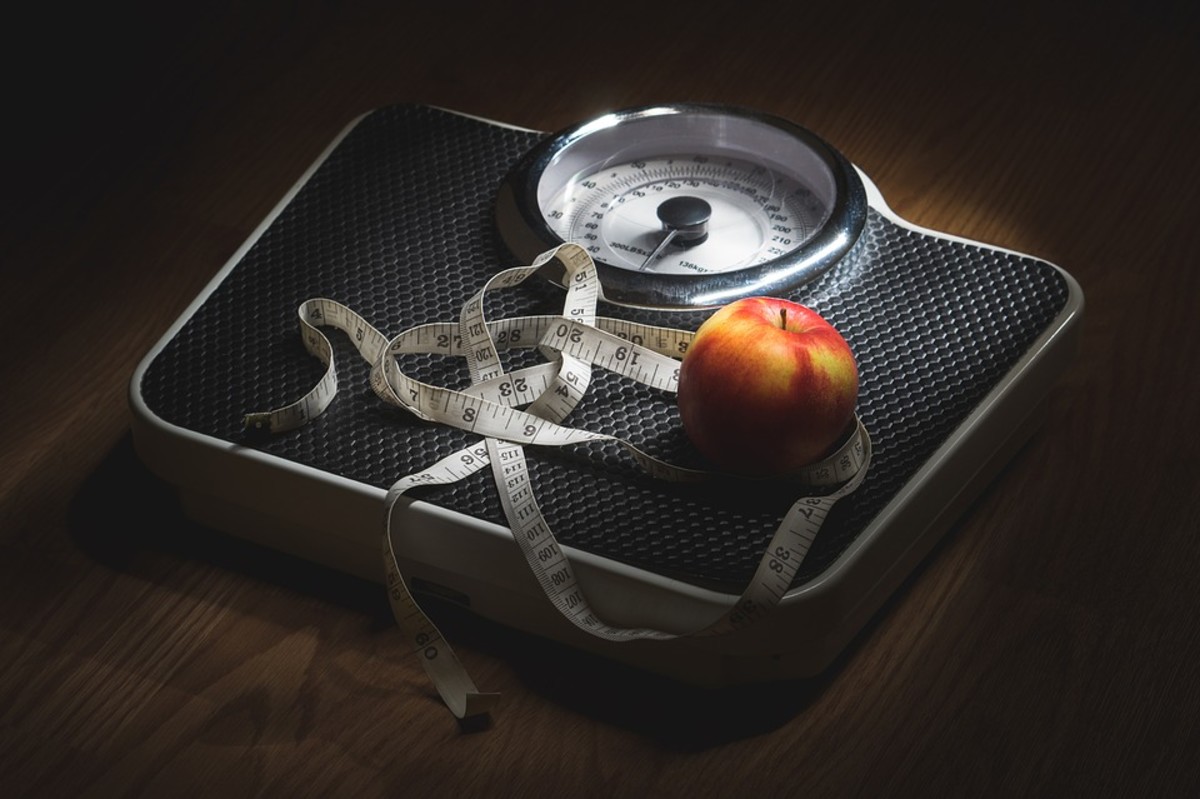Food Additives Making You Sick and Fat
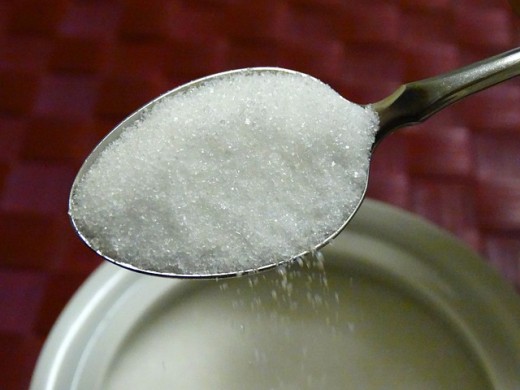
Stop Eating Food Dope and Start Losing Weight
Dieting can be confusing with all the different weight loss programs on the market. Advertisements for commercial food products beg for your attention with television, radio, internet mailings, coupons, in-store banners, highway bulletin boards, and more. They are everywhere and promising you a slimmer, more beautiful, and sexier body if you only lay down some cash to buy their products. Though this may seem well-intentioned, food manufacturers don't always provide you with the truth about their products. This creates confusion, especially in the weight loss world.
While promises getting skinny are touted by these manufacturers, the fact of the matter is that most of their food products will make you sick and obese due to the toxic additives or chemicals that are added to them. By making you into junkies of their products, you'll return again and again to buy them even with little to no results because these food chemicals have an addicting affect on the body.
Don't be caught dumbfounded while big business prevents you from losing those unwanted pounds. Know what the four most dangerous ingredients are so that you can avoid them, and learn what foods actually contribute positively towards your health and weight loss.
Addictive and Dangerous Food Additives
While you're enjoying their products, manufacturers are using ingredients to addict you. Why on earth would they do that? As with all business ventures, they want to keep your business for profit. Some of the most additive ingredients used include the following:
- refined sugar
- high fructose corn syrup
- monosodium glutamate (MSG)
- aspartame
You may even see or hear advertisements on television or radio defending some of these products. As of late, much controversy has been on high fructose corn syrup as manufacturers uptalk their product on television commercials. Let's take a brief look at why these ingredients are addictive and dangerous to your health.
POLL
How many sodas do you have per day?
Sugar and High Fructose Corn Are More Addictive than Cocaine
New research studies show that both sugar and high fructose corn syrup are more addictive than cocaine due to its cross-tolerance and cross-dependence between it and addictive drugs. This is due to the sweet receptors you carry on your tongues and its inability to adapt to the high consumption of them.
When these receptors are greatly stimulated by high intake, your brain is generated with reward signals while making you feel good. They actually have the potential to rescind normal self-control mechanisms. Your brain won't give your body the signal that it is satiated (feeling full) and will therefore want more of the same. This leads to addiction. Research shows that too much refined sugar or high fructose corn syrup will make you gain body fat.
Clinical studies also report that sugar and high fructose corn syrup contribute to diabetes and cancer growth.

MSG Induces Weight Gain and Disease
Monosodium glutamate (MSG) was originally used as a food flavor enhancer in mostly low-fat and non-fat foods. However, it is now present in many pre-packaged foods.
MSG is also an excitotoxin or neurotoxin, a class of substances that damage and kill neuronal cells within the body, causing a degenerative effect on the brain and nervous system. MSG enters the brain through membranes in the mouth, thus entering the bloodstream as foods containing it are digested. Studies have shown that MSG induces obesity, metabolic syndrome, and type 2 diabetes. Diet will not even help with obesity when excitotoxins are present.
Reports have also shown that MSG contributes to brain cell damage and trauma, retinol degeneration, endocrine disorder, stroke, epilepsy, neuropathic pain, schizophrenia, anxiety, depression, Parkinson's disease, Alzheimer's disease, Huntington's disease, and amyotrophic lateral sclerosis.
The Dangers of MSG (Part 1)
The Dangers of MSG (Part 2)
Aspartame is a Deadly Poison
One of the most dangerous addictive substances in pre-packaged foods is aspartame, which is an artificial sweetener known better as NutraSweet, Equal, or Spoonful. Diet sodas, flavored packets for water, and diet foods are sweetened with this substance. Manufacturers are also continually adding aspartame to foods, such as gum and cereals, even though they are already sweetened with other types of sugars. It is made up of three chemicals:
Aspartic Acid
Aspartate is similar to MSG in that it is an excitotoxin, crossing the blood-brain barrier and causing damage and death in cells.
Phenylalanine
Aspartame combined with carbohydrates cause excessive amounts of phyenylalanine in the brain. This excess can decrease serotonin levels in the brain which lead to emotional and mental disorders such as depression, anxiety, and schizophrenia.
Methanol
Methanol is a deadly poison. When it reaches 86 degrees Fahrenheit in temperature, it breaks down into formic acid and formaldehyde. Since the body is normally set at 98.6 degrees Fahrenheit, all living tissues are embalmed.
Aspartame accounts for 75 percent of adverse reactions to food additives reported to the United States Food and Drug Administration (FDA). There are over 90 different symptoms documented with migraines, muscle spasms, depression, fatigue, insomnia, heart palpitations, slurred speech, and joint pain being some of the few. According to physicians and researchers, certain diseases are caused, aggravated, or accelerated by aspartame: brain tumors, lymphoma, multiple sclerosis, fibromyalgia, epilepsy, Parkinson's disease, Alzheimer's disease, and diabetes.
Sweet Poison: The Dangers of Aspartame
My Personal Experience with Aspartame
"In my mid to late 20s, I worked very hard on being healthy as I had just overcome cancer at 25. I got rid of most pre-packaged foods in my diet, and I also exchanged certain foods to 'sugar-free.' Because I had friends who suffered from diabetes that could have been controlled through diet, I thought this would be a positive diet transition for myself.
"I opted for sugar-free jams, sodas, and gums. Not long after, I experienced symptoms such as eye and muscle twitches, as well as excruciating pain all over my body. Even worse, I thought my cancer was back. My doctors assured me I no longer had cancer which was a relief. However, I was soon diagnosed with Multiple Sclerosis (MS). For three years, I suffered with pain and weakness.
"Then one day, I was sitting in my neurologist's office listening to other patients converse about their symptoms and how they were linked to two substances called 'aspartame' and 'MSG.' I brought this to the attention of my doctor, and we both decided to change up my diet and eliminate all pre-packaged foods with aspartame. I opted for a wholefoods diet with grass-fed beef, organic poultry, pasture-raised eggs, wild-caught fish and seafood, fresh and organic vegetables and fruits, and some healthy omega-3 fats.
After six months of getting rid of aspartame products and religiously eating a wholefoods diet, I felt like a new woman. My MS diagnosis was also overturned. Who would have thought that the FDA would allow such a substance to be in our foods?"
~Abby Campbell
Eat Clean Wholefood for Better Health
No matter what your diet has been, it's never too late to get rid of pre-packaged, processed, and refined foods containing dangerous food additives. By opting for naturally clean wholefoods, you won't need to count calories and you'll gain wonderful health benefits:
- a well nourished body
- tons of energy
- less cravings
- weight loss
Below is a table showing a healthier option. To keep your meals and snacks balanced, opt for a protein, carbohydrate (mostly veggies and some fruit), and essential fats. For the quickest fat loss, keep starchy carbs for after your two most strenuous workouts of the week or have them as treats.
Wholefoods to Heal Your Body
PROTEIN
| VEGGIE
| FRUIT
| STARCH
| FAT
|
|---|---|---|---|---|
grass-fed beef
| artichokes
| apple
| beans / legumes
| butter / nut butters
|
organic chicken
| asparagus
| applesauce (unsweetened)
| bread (Ezekiel is best)
| cheese
|
organic turkey
| broccoli
| apricots
| hummus
| oils (avocado, flax, olive, coconut)
|
pasture-raised eggs
| Brussels sprouts
| banana
| oats (all)
| nuts (all)
|
wild-caught, cold-water fish
| cabbage
| berries (all)
| potato (all)
| avocado
|
wild-caught seafood
| carrots
| cataloupe
| rice (brown / wild)
| chia seeds
|
Greek yogurt
| cauliflower
| figs
| sweet potato / yam
| coconut (unsweetened)
|
greens (collards, kale, spinach, etc.)
| grapefruit
| egg yolk
| ||
eggplant
| grapes
| extra virgin olive oil mayo
| ||
green beans
| honeydew
| flaxseed
| ||
leeks
| kiwi
| olives
| ||
mushrooms
| lemons / limes
| |||
okra
| orange (all)
| |||
onions, scallions
| papaya
| |||
pumpkin
| peach
| |||
radishes
| pear
| |||
salsa (low-sodium)
| pineapple
| |||
peppers (all kinds)
| plum
| |||
squash / zucchini
| watermelon
| |||
sugar snap peas
| ||||
tomatoes
|
Closing
Being overweight and obese can be difficult on the body and emotions, and food manufacturers take advantage of this and cause confusion of what is truly healthy. Think with your mind and not your emotions when you shop for foods. Only natural wholefoods will help you lose the weight you so desire. Stay away from pre-packaged, processed, and refined foods which most likely contain dangerous and sometimes additive chemical additives.
© 2013 Dr Abby Campbell

